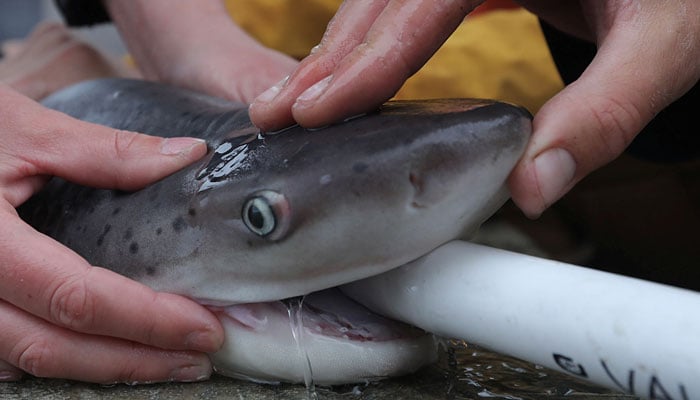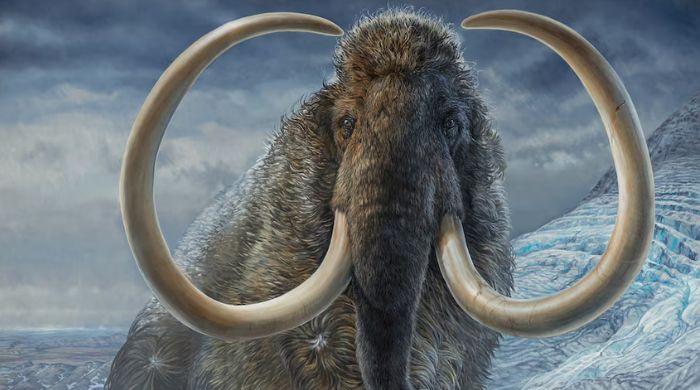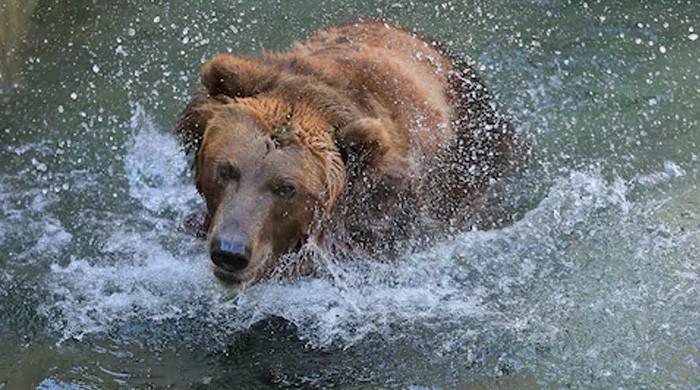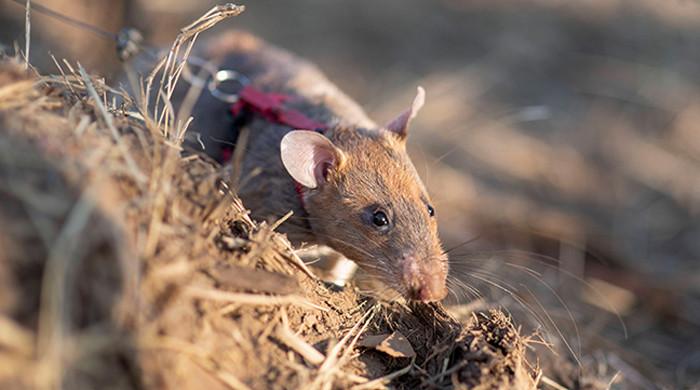Cocaine found in wild sharks off Brazil coast
Research will contribute to existing literature on how humanity’s drug consumption is impacting marine life
July 24, 2024

A recent study by Brazilian scientists discovered that wild sharks found near the coast of Brazil contain cocaine, The Guradian reported.
This research will contribute to the existing literature on how humanity’s illegal drug consumption is impacting marine life.
The paper titled “Cocaine Shark” was published in the journal Science of the Total Environment. Holding cocaine is legal while possessing a sharp nose shark is not; however, in a study conducted in fishermen’s nets off a beach, in Rio de Janeiro, USA, scientists subjected all 13 captured specimens of the Rhizoprionodon lalandii to analysis and they all proved positive for cocaine.
Previous investigations have reported the detection of cocaine in the river and seawater and in sewage water as well as in other sea species like shrimp.
Another study conducted recently also concluded that high concentrations of cocaine residues were having ‘serious toxicological consequences’ on the brown mussels, oysters and eels in Santos Bay in Brazil, the São Paulo state.
However, the concentration identified in the Rio sharks was 100 times greater than the previously recorded concentrations in any other marine species.
How exactly the cocaine got into the sharks remains unknown to date but there are possibilities as described below. This could be accidental whereby the drug could have been toppled over during transshipment or it could be an effort by the smugglers to off-load the contraband to escape from the law enforcers. Brazil is not a producer of cocaine on a large scale, but it is an exporter of cocaine, a highly powerful street gang in Brazil called the ‘First Capital Command,’ has sent tonnes of cocaine in concealed shipping containers to Europe. Cocaine could have entered the sea through the sewages and there found its way to the sharks.











